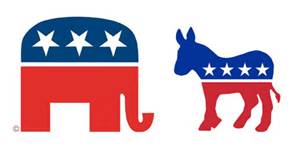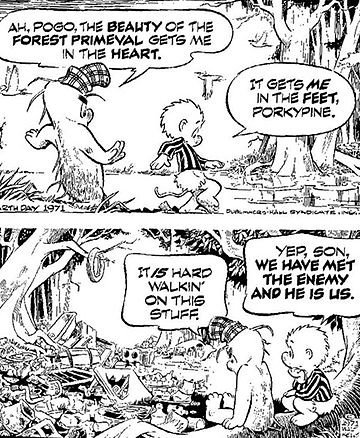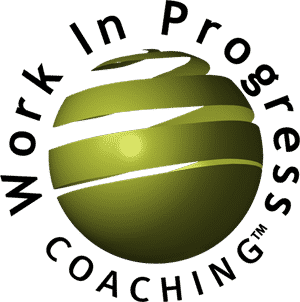Both networking experts and relationship gurus tell us the same thing:
 If you want to develop a relationship that lasts, don’t begin it by discussing religion or politics. Why? The topics are too emotion-laden, too side-taking, too side-making, too divisive. This conventional wisdom advises us to steer clear of discussing either topic at work. It’s good advice, but only because we haven’t learned (yet) how to stay in communication with people holding opposing views.
If you want to develop a relationship that lasts, don’t begin it by discussing religion or politics. Why? The topics are too emotion-laden, too side-taking, too side-making, too divisive. This conventional wisdom advises us to steer clear of discussing either topic at work. It’s good advice, but only because we haven’t learned (yet) how to stay in communication with people holding opposing views.
With political messages bombarding us these days, I think it’s time for a different kind of advice. Here’s my suggestion: Have a conversation about politics … but only with yourself! More on how to do this in a bit.
An opportunity of a different color
Let’s start with recognizing what we do: We criticize candidates for misrepresenting facts, lying, playing “the card” (gender, race, age, religion), demeaning an opponent’s physical characteristics, changing their view and labeling them ‘flip-floppers’.
When we criticize the behavior of candidates and their supporters and proclaim how wrong, even un-American they are, we have not only missed the boat, we’ve shot holes in the one we’re in. Why? Because we do what they do. It’s just that our acts aren’t splashed via social media. (That would wake us, wouldn’t it!)
If you’re denying that you, from time to time, behave just like the politicians you criticize, you’ve proven my point. Hey, I do this, too. I judge people for their “uninformed and misguided” views, pigeon-hole people with stereotypes. Where do you think I get the idea for these posts?
I’m not advising we talk about who should or shouldn’t be president (or even running) or how a campaign should or shouldn’t be run. The opportunity I see is to observe our judgments and reflect on our own behavior to see where we mirror the behavior.
Shouting that politics are a mess, that a Super PAC (Political Action Committee) has all the power, that the entire system is corrupt, lets us off the hook. It lets us off the hook to see where our behavior is just like those we are criticizing. Further, it lets us off the hook to see the possibility that our behavior contributes to theirs. Think “systems thinking” … think “holon”. (A fractal is close to the idea of holon, as it is a part that represents a whole at the same time. Do seeds contain trees or do trees contain seeds? We could say both are true, because ‘trees and seeds’ is an example of a holon.)
What are you going to do about it, Doris? (My homage to Doris Haddock, aka, Granny D)
I’m advocating that we use the conversation being generated at the national level to help us be better at work and at home.
My advice: Have a conversation about politics … but only with yourself!
1st: As you listen to the debates, read newspaper accounts, watch evening news, notice the judgments you have about those candidates – all of them: good, bad, ugly (“They are so wrong, stupid, old, misguided, brilliant, etc.”)
2nd: Identify when and with whom, specifically, you have had that same judgment, said the same thing. Where did you tell a half-truth? Where did you let a stereotype narrow your view of someone or cause you to stop listening?
3rd: Once you identify where you were “playing politics” with a colleague, friend or family member, clean it up. Yes, this clean up might be embarrassing. Embarrassing moments present us with more of an opportunity to change our mindset and our behavior than the “I won’t do it again” vows.

In doing these simple (not easy) steps, you’ll be more aware of your biases and blind spots, more able to honor the other’s views, stay in communication and less likely to unintentionally bully others with your views.
Need additional inspiration to act? Watch Granny D. Her book, You’re Never Too Old to Raise a Little Hell, is a knock out!
Subscribe
Get Camille's latest posts!
